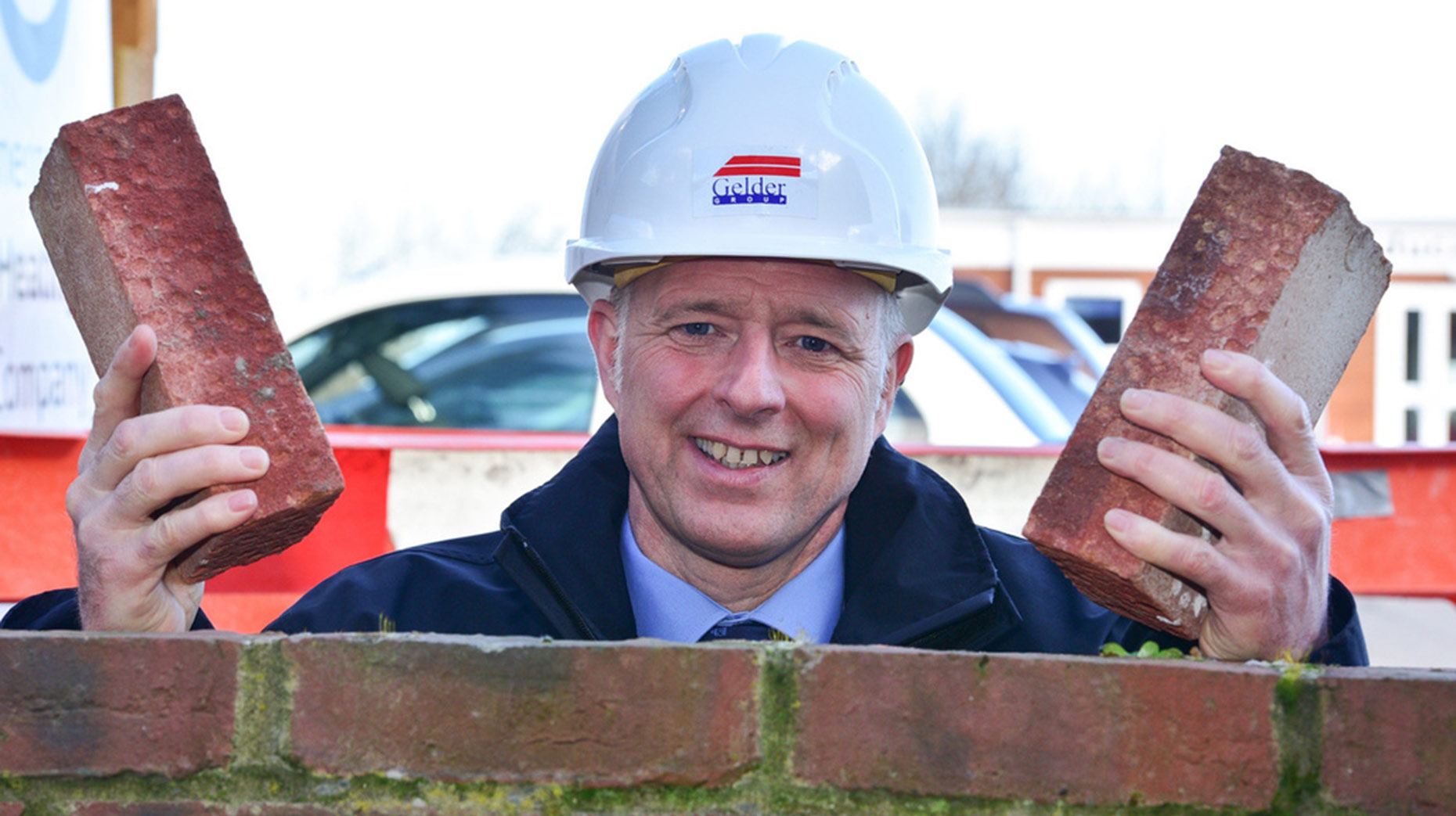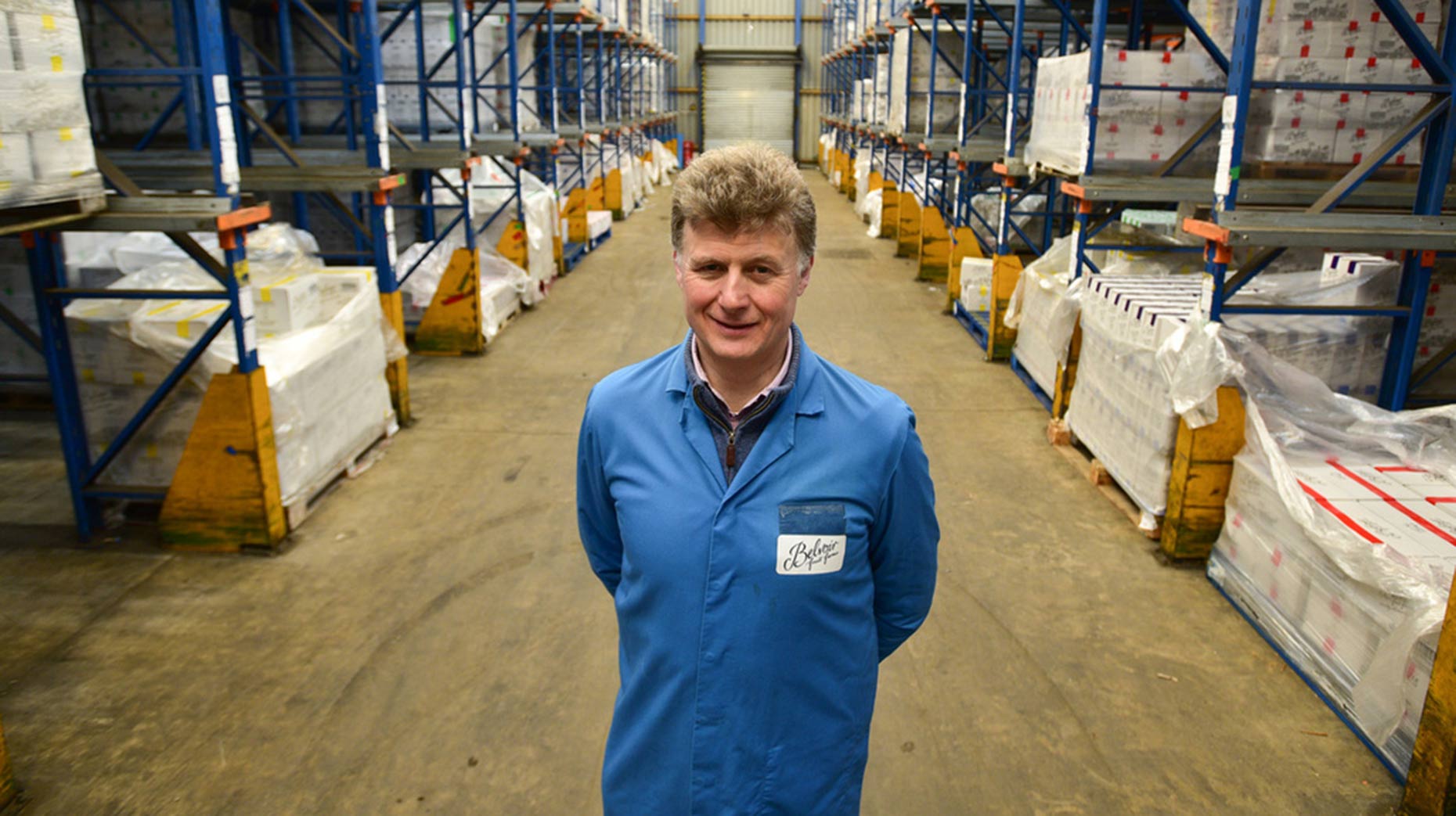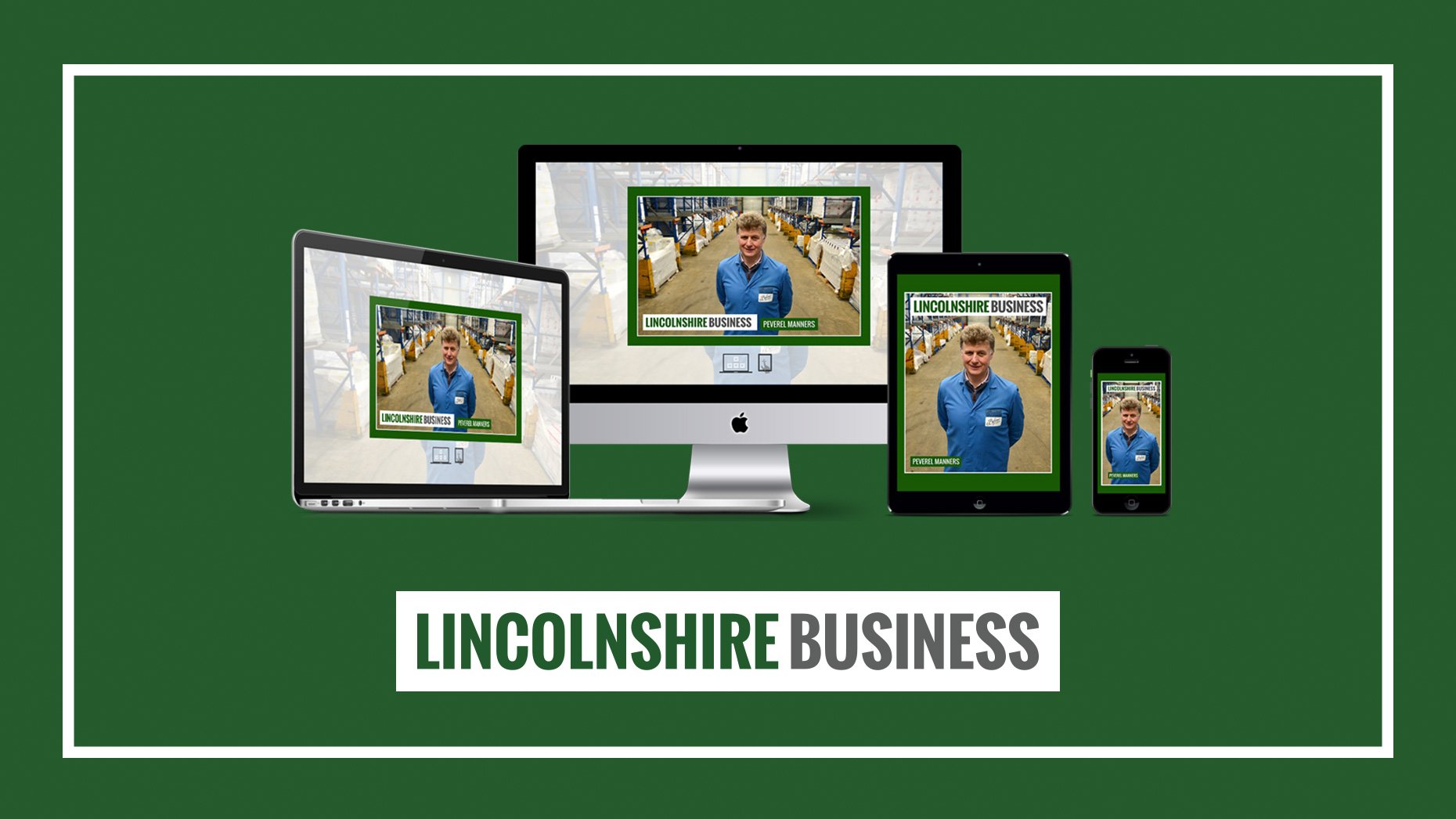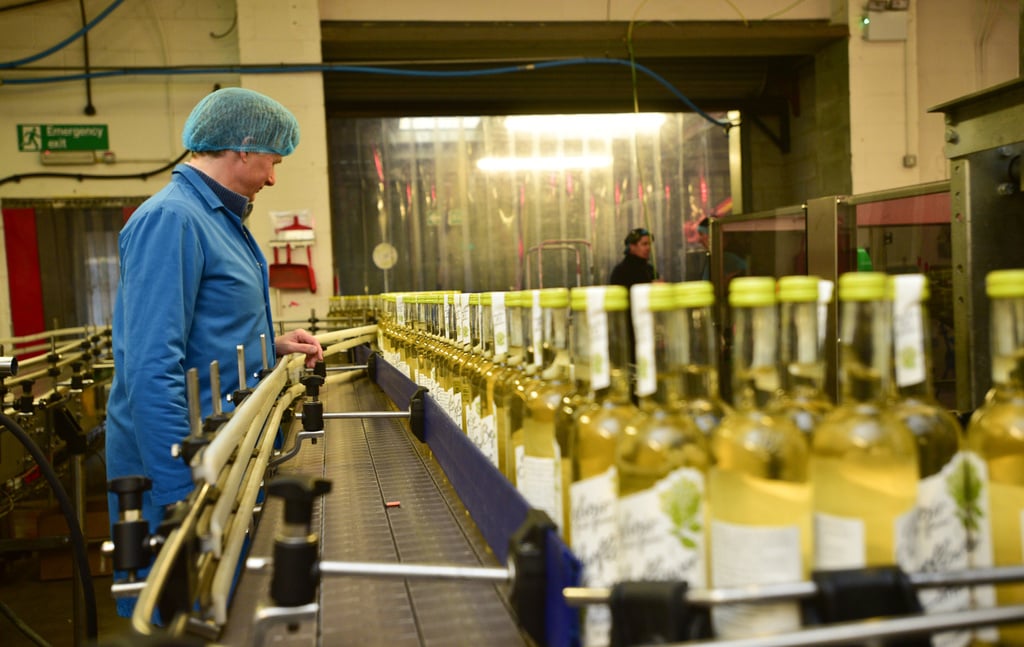Chalking-up 25 years in business and creating a £40 million construction company is impressive and certainly worth celebrating – but what happens after the back-slapping and applause fade away?
This feature interview was first published in issue 21 of the Lincolnshire Business weekly magazine, now available to read at www.lincsbusiness.co. Subscribe to the email newsletter to receive the latest edition in your inbox this Friday.

Lincolnshire Business magazine is published every Friday at lincsbusiness.co. Issue 21 is available now.
It was in anticipation of this glorious July 2013 milestone that, brickie-turned-Chief Executive Officer, Steve Gelder realised that the Gelder Group was about to hit a major crossroads.
And, after driving the nine-division group this far– which has six offices and employs 300 staff –, and welcoming Royal visitors to its Sturton-by-Stow headquarters in 2004, 2007 and 2014, Steve knew Gelder’s next chapter could not be left to chance. But, despite his entrepreneurial streak, and the fact that he is an avid reader of business manuals and tycoons’ autobiographies, he decided he needed help when it came to charting the group’s future.
What he needed was an injection of fresh-thinking, an “outsider’s” perspective, another pair of eyes – or has it happened, two pairs of eyes.
Fortunately, Steve had been introduced to Paul and Dawn Barron of Human Alchemy a couple of years ago and, when it became imperative that he needed to plan for future growth, that’s who he turned to.
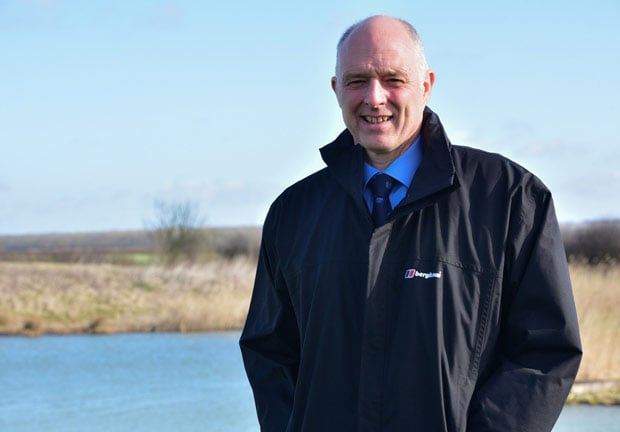
Photo: Steve Smailes for Lincolnshire Business
“After 25 years in business, I had not only achieved my early ambitions, I’d gone much further. I’d got my house with its adjacent tennis court, was used to parking my S Class Mercedes in my driveway and had hit the £40 million mark,” said Steve.
“I remembered being impressed with Paul, (who I call ‘The Oracle’), and Dawn when I met them. A few months later I was sat down at my dining room table with a blank piece of paper, about to start writing up my vision for the next 25 years.
“Amazingly, at that exact time, Paul dropped me an email to say that he imagined that I was preparing to write up my new vision, just as I did the last one, and suggesting that there might be a better way. It’s for reasons like this that I call him ‘The Oracle’.
“I then met up with Paul and Dawn, who helped me approach the task from a completely different angle. They advised that, at this stage in the company’s development, I should be working on a three-year plan. The end of the second year would be the right time to start thinking about the next one, and that I should involve my senior management team and the staff to set the vision, not just write it myself and hand it out.”
Read the full story in issue 21 of Lincolnshire Business magazine here.


